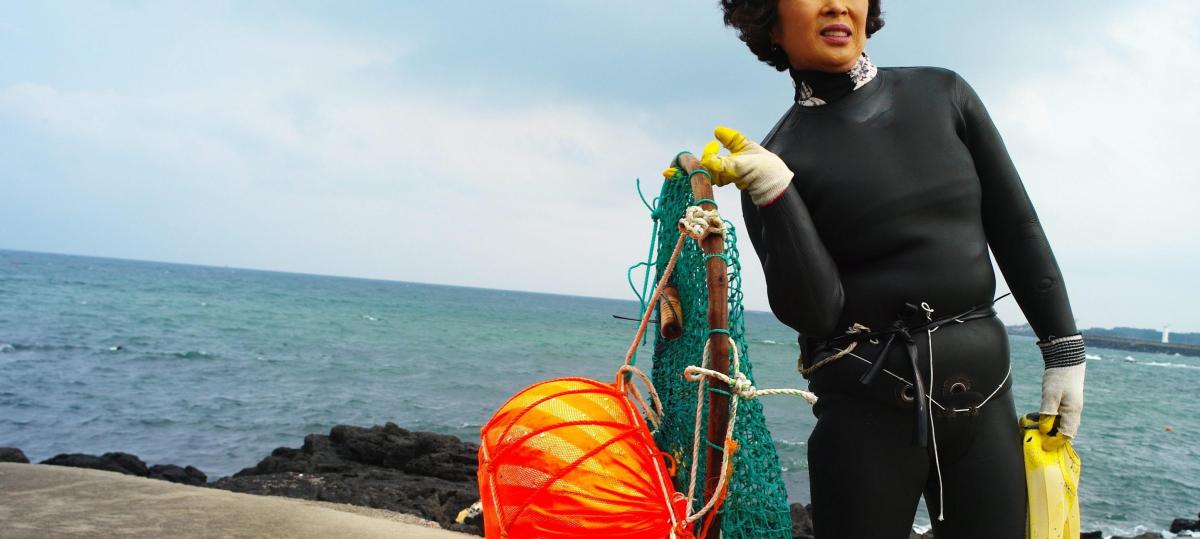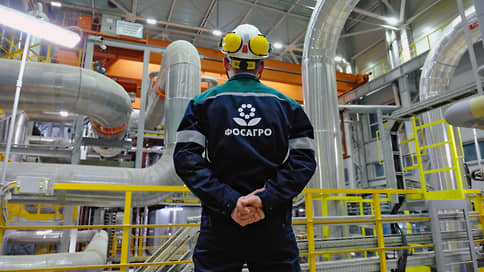The superpower of the divers from Jeju

They dive without oxygen bottle, in any weather and often into old age: the Haenyeo from the South Korean island of Jeju are considered unusual for a long time. A new genetic analysis could now explain why they can cope with the extreme loads of free diving so well. Like a research team in the journal Cell Reports reports, There were two genetic changes in the divers that could give them advantages under water – for example in blood pressure regulation and in dealing with cold.
The tradition goes back centuries, but is declining
« It is as if they have a kind of superpower, » said Diana Aguilar-Gómez, first author of the study from the University of California in Los Angeles. Together with colleagues, she examined a group of Haenyeo – only women, some of whom are over 80 years old and still dive up to 20 meters deep into the sea every day to collect algae, sea snails, sea urchins and other seafood.
In 2016, the Haenyeo – for example « maritime women » – was placed on the list of intangible cultural heritage of mankind by UNESCO. The tradition goes back centuries, but is declining: Today, many of the remaining Haenyeo are already in retirement age.
« They go into the water every day and they work there all day, » said main author Melissa Ilardo from the University of Utah Health. « I saw how women over 80 jumped from a boat before stopping. »
Anchored in the genes: low blood pressure, low sensitivity to cold
The researchers measured blood pressure and heart rate in 30 divers and compared them as well as genetic data with those of 30 non -diving women from the island and 31 women from the Korean mainland. The average age of all study participants was 65 years.
They found two variants that occur much more often in the Haenyeo. One of these genetic changes is related to lower blood pressure when diving. The other apparently affects the perception of cold pain. « The Haenyeo are amazing and their incredible skills are anchored in their genes, » summarized geneticist Ilardo.
Low blood pressure could have been an evolutionary advantage, especially during pregnancy, the researchers suspect. Because apnea diving – diving with breath stopped – causes blood pressure and could thus increase the risk of pregnancy -related complications. The genetic adaptation could therefore benefit both women themselves and their unborn children.
Even in winter, when the temperatures are around freezing, the Haenyeo go diving – often for hours. The second discovered genetic variant affects a gene that is related to sensitivity to the cold. So far, the researchers have not directly investigated how sensitive to cold the divers are. But Ilardo remembers a conversation with a Haenyeo: « I once asked her if they would stop diving when it got cold enough. They said as long as the wind alarm does not start, they still go into the water. »
The genetic changes occur in the entire population
Earlier physiological studies made it clear that the Haenyeo are particularly adapted to their environment. It was observed that their heart rate slowed down more when diving than in untrained people – a reflex that serves to save oxygen.
As the authors of the current study observed, the genetic changes can not only be found among the active divers, but also occur in the other Jeju population. « The fact that women dive during their pregnancy, which is a really difficult thing, actually influenced an entire island people, » commented Ilardo.
Can the knowledge beyond the island be medically important?
Much of what makes the Haenyeo women so special, but are based on lifelong training. With an average untrained person from the island, the heartbeat slowed down by about 20 strokes per minute in the course of a simulated dive. At Haenyeo with lifelong diving experience, which start training at the age of ten, the heart rate sinks up to twice.
The researchers hope that the new findings could be important in the long term beyond the island – for example in the treatment of high blood pressure or prevention of strokes. « If there is something that reduces the risk of stroke, then we could help people anywhere by understanding what distinguishes these women, » says Ilardo. (Alice Lanzke, dpa)







